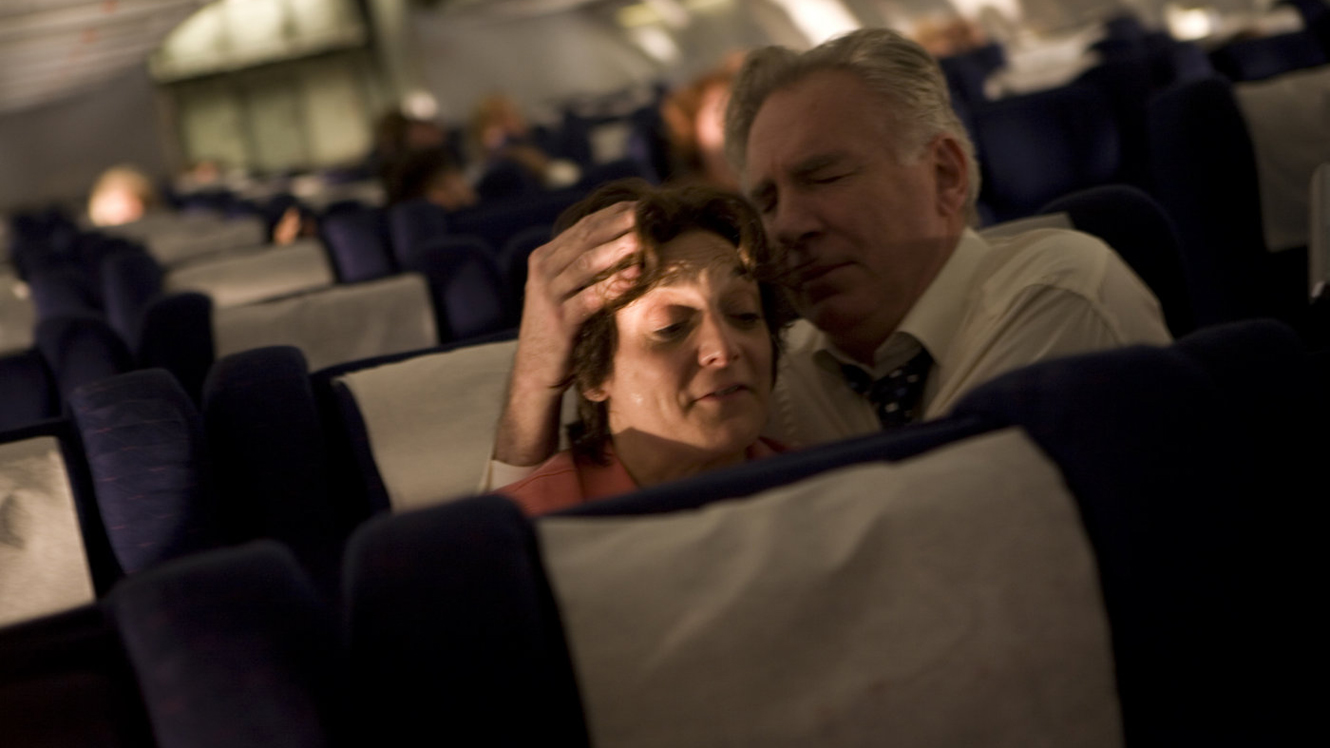
In cinema it can often be difficult to answer the question “Why?” Why do we aim to recapture terrible acts of violence or natural disasters on film? What’s the point? Well: Why do we dress men up as giant bats and have them battling circus freaks? Why do we watch cowboys wander a West that has long since had its time?
Cinema is about feeling, through and means possible and every so often a group of artists musters the courage to show us something real on screen. Something that may have personally affected us but more importantly if it hasn’t: To share that feeling with the world and make us mad, sad and everything in-between.
The Ten movies below are absolutely essential to our understanding and perception of the tragic events they chronicle and the world is a better place for allowing them to be made. To know why you need only sit down with one of them you’ve never heard of and hit play…
10. The Killing Fields
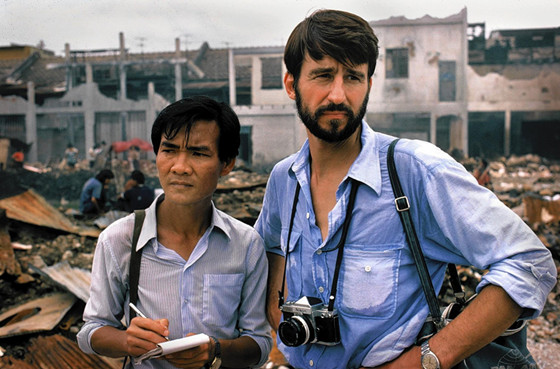
Roland Joffe’s 1984 work concerns the vicious regime enacted by the Khmer Rouge in which between 740,000 and 3 million civilians lost their lives, with maybe even half of those deaths the result of mass execution. In truth, the first half of The Killing Fields does little justice to the chaos of the time and fails to achieve the same haunting clarity on the brutality and inhumanity of the killers as works like Schindler’s List.
The second half separates its two main characters, one a Cambodian doctor and the other an American reporter- the former being places in a Khmer Rouge controlled rice farm. Having personally visited Cambodia and the sights of ‘The Killings Fields’ and other institutions in which these atrocities were committed and then returning to Joffe’ film, there is little doubt of his haunting realisation of the terror that befell the Cambodian people here.
The unspeakable evils that Dr. Dith Pran witnesses go beyond the realms of anything a normal human being could dream up and yet, despite all its suffering, Joffe allows us a joyful ending as Pran and Sydney are re-united to the sound of John Lennon’s Imagine.
It’s a hugely powerful moment, and speaks wonders as to the perseverance and prevailing spirit of human beings.
9. Fruitvale Station
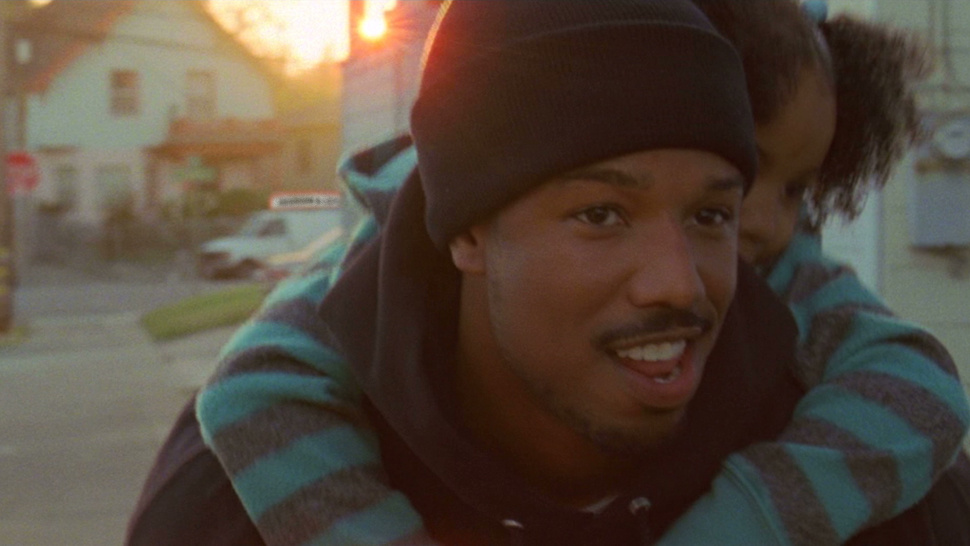
Concerning the shooting of Oscar Grant by BART Police officers in Oakland, California- Fruitvale Station carefully expresses a deeply difficult contemporary issue that continues to ignite outrage and violence across America.
Such a challenging topic could be battered with the same incendiary power as Do the Right Thing but instead writer/director Ryan Coogler opts for a far more tender approach which gradually builds to the tragedy for which the film takes its namesake: A crosshair climax in which nearly every second of the film prior to its conclusion is spent accentuating the effect of that final movement.
Most of all: It’s honest. Coogler does not glaze over the accused infidelity and criminal activities of Grant, yet these actions only serve to endear us to the character through the straight-forward truth with which his story is handled. In the end it’s another shock to the system if we choose to judge this man and try to justify the impending sense of ‘justice’ that will be executed upon him- only to be horrified when Police Officers arrive on the scene and commit one of the most atrocious acts I can think of.
A human being was extinguished in a heartbeat- and I don’t even want to begin to contemplate what was going through that man’s head when he pulled the trigger.
8. Memories of Murder
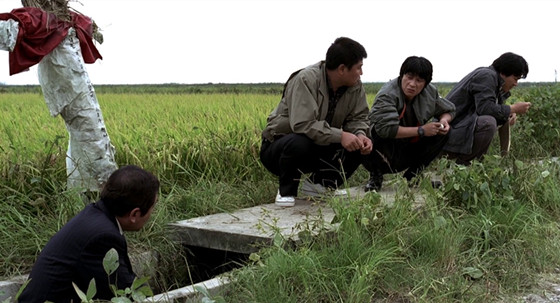
Director Bong Joon-Ho’s Modern classic concerns the emergence of Korea’s first recorded serial killer and the eerie string of grisly murders he exacted upon the unsuspecting population from 1986-1991.
What it achieves above the likes of David Fincher’s similar Zodiac (that film instead based on the titular infamous uncaptured killer operating in the late 1960s and early 70s) is a consuming sea of loss which envelops the detectives on the case: The lack of national prescient for the crimes sewing the crippling seeds of paranoia and frustration within the cops who attempt to end the reign of terror in futility.
Crucially: Joon-Ho’s adept use of ensemble framing echoes Kurosawa and allows us as an audience to measure this interplay of mental stress between the working officers in real time as their faces share space on the screen- clashing in tandem for a far more visceral feedback of emotion. It’s strange, almost mystical ending is the highlight and again elevates it about Fincher’s later work- coupled with the subtler sense of style and aching humanity that the director decides to give his full focus to.
7. The War Game
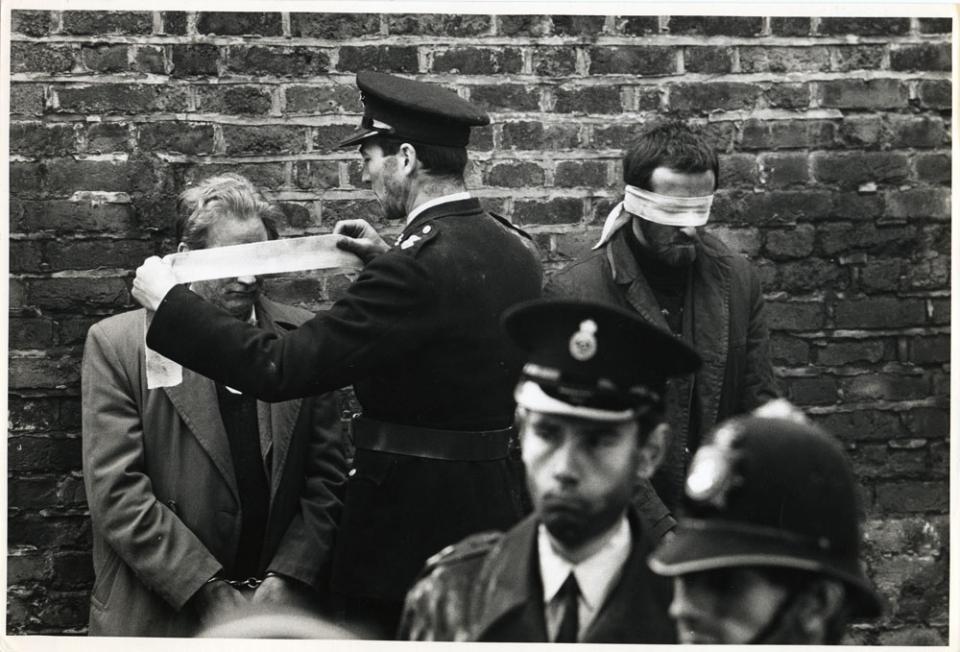
An admitted cheat, considering Peter Watkins’ film deals with a fictional nuclear attack on Britain, his work is nonetheless hugely effective in its chilling presentation of the harrowing effects of all-out atomic warfare.
Watkins abruptly cuts between intense horrors of men losing their lives to deadly carbon monoxide poisoning whilst fighting fires and civilians starving on their meagre nations to cold, precise news casting. It almost mimics a social glaciation that might occur should human civilisation be faced with such an all-consuming catastrophe: Sympathetic conduct burned out of our minds by the gruelling dread that surrounds us.
Watkins’ distinctive documentarian method finds steady footing with such a brief venture as opposed to the grim runtimes that plague Edvard Munch and Paris, La Commune; and the almost cruel juxoposition of images presents a deeply unsettling air of icy psychopathy which made The War Game so terrifying that it was swiftly banned from British television and only ever opened to the public a full 20 years later to co-inside with the equally fantastic Threads.
6. Elephant

Gus Van Sant’s glacially eerie mini-masterwork follows the participants of a fictional Columbine-esque school shooting throughout their final day, as well as tracking through the normal lives of several future victims which are about to be irreparably changed.
Elephant’s skill lies in its documentary-style take on the pursuit of those involved in the event with little to no artistic flourishes bar the fantastic use of a restrictive aspect ratio which oh so subtly highlights the impending sense of doom descending upon the innocent patrons of the school.
Sant draws exceptionally realistic performances out of his actors and uses their almost monotonous lifestyle of attending education day-in, day-out to underline a chilling sense of dramatic irony that suggests something both about the mentality of the innocents on the day as well as the process which may have aided in turning these killers against their peers.
Sant offers very little context as to the reason the two murderous boys enact their spree, choosing to focus on the tragedy of the event over the maelstrom of news coverage and pointed fingers which followed attacks such as Columbine and the colossal range of sources blame fell upon from parenting, media, violent video games and society as a whole.
In the end what is perhaps most to be admired about Elephant is this distinct distance from the “why” of such a horrible day and instead on the “what”. We are presented with an honest, skilfully produced and truly shocking portrayal of a school shooting where violence is abstracted and reason is ignored in favour of what, in Sant’s mind, must have been far more important for his audience to see.